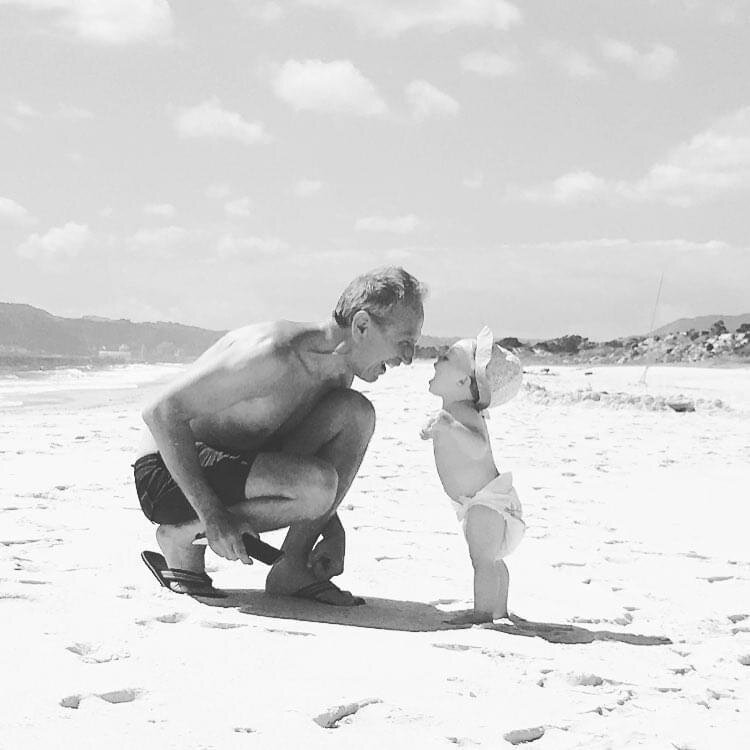Sadness, grief and loss are what I felt very deeply during the days after, at the same time I had this sense of comfort and that comfort has been building more and more each day, which I can only attribute to meditation and work I had done over the years. I felt more connected to my dad, more so than when he was here in his physical body.
During these early days I have found meditation as the perfect canvas for me to express my grief, naturally you’re going to have lots of thoughts coming through of the person that’s left, I let those thoughts trickle in, I’m not pushing them away. With all things stress related in my life, I’m less affected, I’m aware that they happen, but I’m recovering much faster.
Grief is a stress response, the main difference to everyday stress is that it lasts longer. When a loved one is alive we behave in a routine fashion and we may look back now and think we had taken that for granted. We often say we are grieving for someone, but we are actually grieving for ourselves, our loss of accessibility to the person that we loved, it’s our own loss that we are grieving. We are grieving the loss of a shared experience with the person that has left. Depending on your belief system, that person could now be experiencing nothing or they could be experiencing pure bliss, personally I feel they return back to the pool of collective consciousness, where they can further support us as the rest of our own lives continue to play out.
You may feel anger towards the person who left, you may feel regret that you didn’t get to experience more with them, our inaccurate expectations, low adaptation energy at the time (we didn’t expect it to happen) and magnitude of the sheer circumstances of what’s happened. What if there was something we could have done, did we ignore the early signs? But what if it was always supposed to happen exactly like this? What if that persons death means more than we currently see? Perhaps their death spurs the people closest to them to make the most out of life and maybe they take a different role in supporting us.



